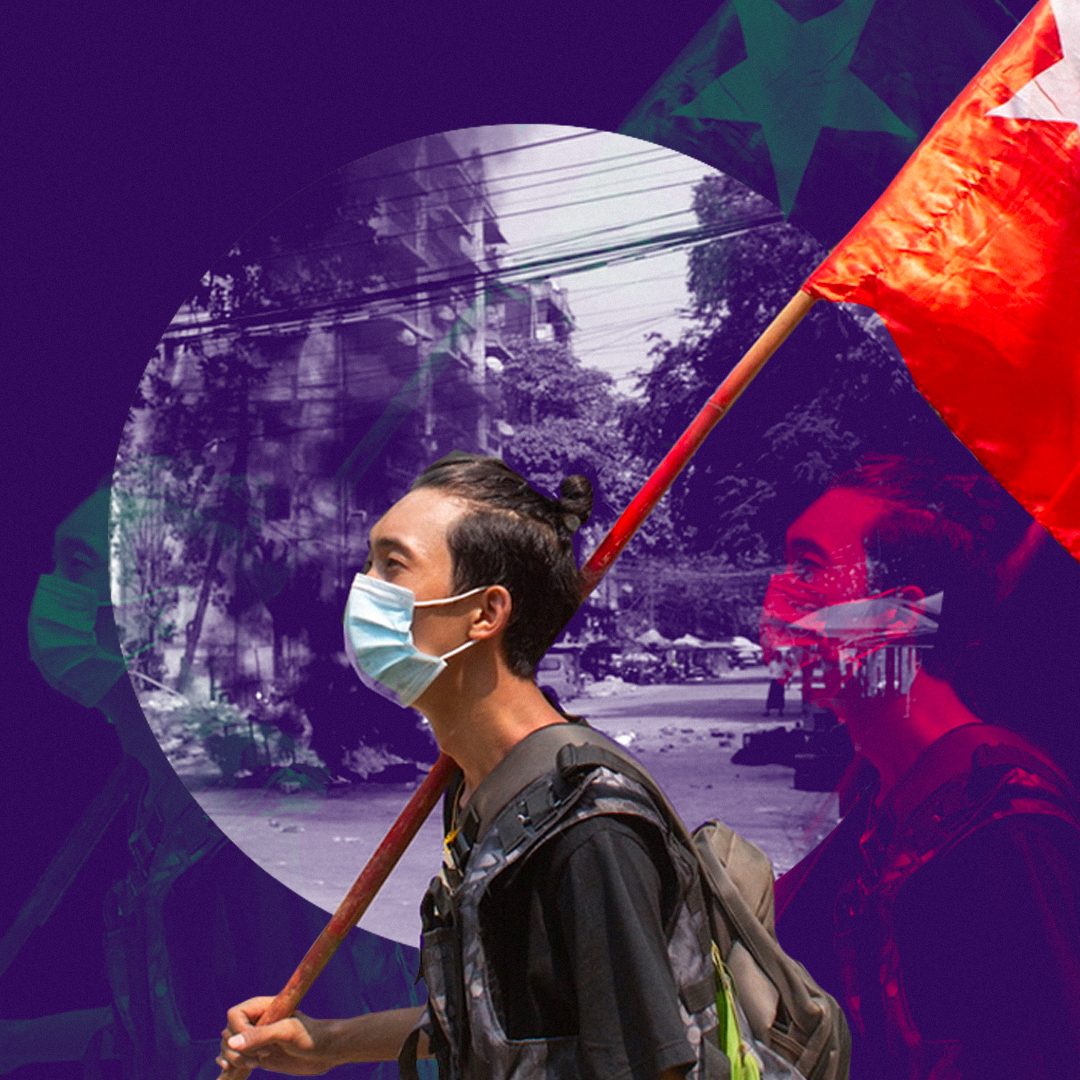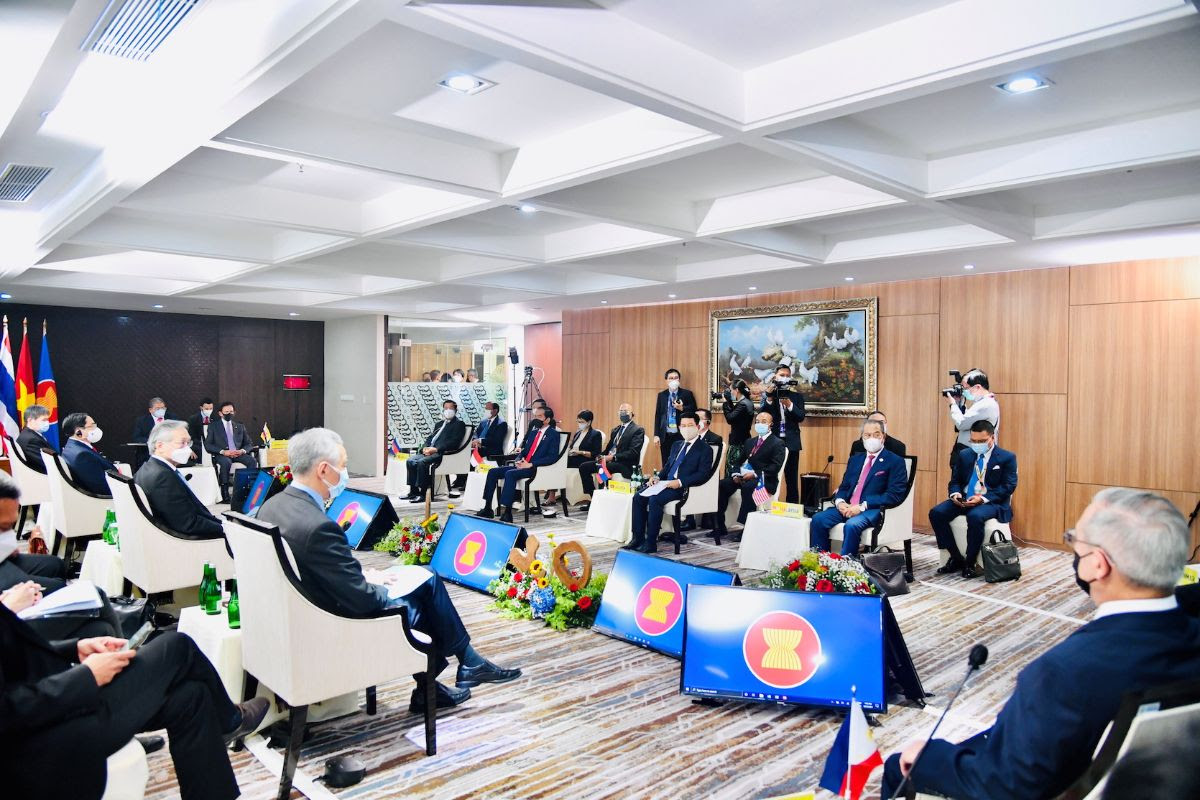SUMMARY
This is AI generated summarization, which may have errors. For context, always refer to the full article.

If there’s any light at the end of the tunnel, we can’t see it.
I’m referring to Myanmar, where the military grabbed power on February 1 and has since been ruling with a brutal fist. More than 700 civilians have been killed and thousands of protesters and journalists have been arrested.
Aung San Suu Kyi, the country’s de facto leader, has been held incommunicado. The military junta filed trumped-up charges against her, including illegally importing handheld radios and violating coronavirus protocols.
What remains clear is that the military rule is hugely unpopular. While the protests have diminished – compared to the massive crowds that we saw in February and March – many continue to deeply resent the generals.
The big question, though, is: What can be done to stem the tide of violence and restore peace and stability in Myanmar?

The United Nations Security Council has called for an end to the violence in Myanmar but the military has not heeded this.
The United States and the European Union have imposed sanctions, targeting businesses of the generals.
Here in the region, there’s been a flurry of statements from neighboring countries. The Philippines has called for a return to the status quo. Malaysia, Singapore, and Thailand condemned the violence, and Indonesian President Joko Widodo called for the release of political prisoners.
Last month, the Association of Southeast Asian Nations (ASEAN) held a summit to find ways to end the crisis in Myanmar. They agreed on five key points:
- Cease the violence;
- Hold a constructive dialogue among all parties;
- Assign a special ASEAN envoy to facilitate the dialogue;
- Myanmar should accept aid; and
- Arrange a visit by the ASEAN envoy.
The ASEAN summit was criticized for not including a representative from the main opposition group to the junta, the National Unity Government. The ASEAN statement also did not call for the release of political prisoners.
But the move of ASEAN, while far from perfect, showed that the regional group was willing to intervene in a member country’s internal affairs. As we know, ASEAN’s mantra is non-interference.
Sadly, the impact of ASEAN is limited. I spoke to Joshua Kurlantzick, a Southeast Asia expert of the Council on Foreign Relations in the US. The problem lies with the Myanmar junta because they are determined to cling on to power. The generals have no plan to negotiate with the pro-democracy forces, apparently making a mockery of the ASEAN consensus.
I invite you to watch the interview here:

Moving forward, the generals said they are going to call elections – but they did not say when. Already, we know what to expect from elections that will be controlled by the military.
Meantime, as Joshua said, the crisis in Myanmar has spilled outside the political realm into the humanitarian arena. Hunger is a real problem in Myanmar as workers have stopped going to their offices and joined the civil disobedience movement. The economy continues to sink. Activists have opted to leave this heart of darkness to seek refuge elsewhere.
I hope that, as neighbors of Myanmar, we do not get desensitized to the violence taking place there and we don’t let compassion fatigue wear us down.
Till next Monday! Drop me a line at marites.vitug@rappler.com.
Add a comment
How does this make you feel?
There are no comments yet. Add your comment to start the conversation.